Tensions over elections fester in the Republic of the Congo, while Mali weighs expanding presidential power and creating an autonomous Tuareg region
Two million citizens in the Republic of the Congo will head to the polls for the first round of parliamentary elections this coming Sunday. Though no violence is expected, tensions simmer as opposition parties are claiming that the elections are being held under “unfair” circumstances. For example, these groups claim that the ruling party has been using public money to fund its campaigns. Opposition coalition leaders Jean-Marie Michel Mokoko and Andre Okombi Salissa were jailed twice in the past year for “for threatening the internal security of the state.” Congolese politics were roiled last year after violence followed the re-election of President Sassou Nguesso, after the abolition of the two-term limit via constitutional referendum.
This week, Mali delayed the vote on its constitutional referendum that would expand the powers of the president, create new regions within the country, and recognize the Tuareg homeland of Azawad. Of the new powers, the president would be able to nominate one-fourth of the senate and remove the prime minister at will, according to Al-Jazeera. The geographic changes relate to a 2015 peace deal with the Tuaregs, which allows the nomadic group more autonomy (however, violence is still occurring in the north). Last Sunday, Malians took to the streets in the capital of Bamako to protest the referendum, troubled by the presidential provisions as well as the still-failing peace in the north.
President Ouattara reshuffles cabinet
On Wednesday, Ivorian President Alassane Ouattara reshuffled his cabinet as he replaced the ministers in charge of defense, budget, and interior. Former Interior Minister Hamed Bakayoko was assigned the role of minister of defense. Bakayoko issued a statement in which in promised army reforms. In a statement to journalists, he states that reforming the army is “an enormous challenge that [they] are going to meet together with the soldiers.” A few months ago, a group of Ivorian soldiers had staged a nationwide mutiny due to unpaid bonus payments promised to end a similar mutiny in January. The soldiers were awarded their promised bonus payment. The events put a strain on Cote d’Ivoire’s finances, which were already negatively affected by the decline of the price of cocoa, the country’s top export.
Sidiki Diakite, former prefect of Abidjan, the country’s largest city, was named interior minister. President Ouattara did not name a new budget minister. As an alternative, the budget portfolio will now be under the responsibility of Prime Minister Amadou Gon Coulibaly. Former Budget Minister Abdourahmane Cissé will now serve as a special advisor to President Ouattara. Former Defense Minister Alain-Richard Donwahi is now the minister of water and forestry.
Somalia’s internet is restored after three-week outage
On Tuesday, internet was restored in Somalia after an outage that lasted more than three weeks. Authorities believe the outage was caused by a ship that accidentally severed a vulnerable submarine internet cable. Somalia’s lack of internet cost the country nearly $10 million a day. Many parts of the country came to an economic stand still as businesses had to close or readjust to accommodate for the outage. Other facilities such as university studies and medical operations were also completely shut down or disrupted. Medical patients were stranded at hospital as online paperwork became inaccessible.
This loss of internet has caused anger across Somalia, notably in its institutional ability to respond to and prevent such issues. Information Minister Abdirahman Omar Osman apologized to citizens on Tuesday for the outage, which affected all landline and mobile users, sparing the few with access to private satellite connections. The outage comes at a time when the country is undergoing dire food shortage and security issues.
On a positive note, during the outage, the number of attacks by insurgent group Al-Shabab decreased to nearly zero, as the group was unable to use the web to publicize its attacks and spread its ideology.
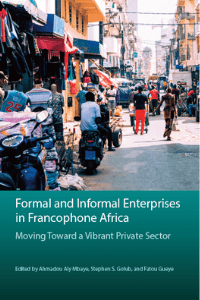


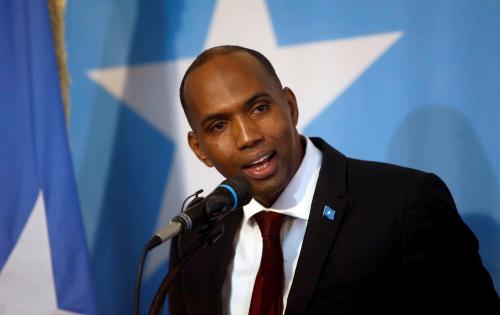
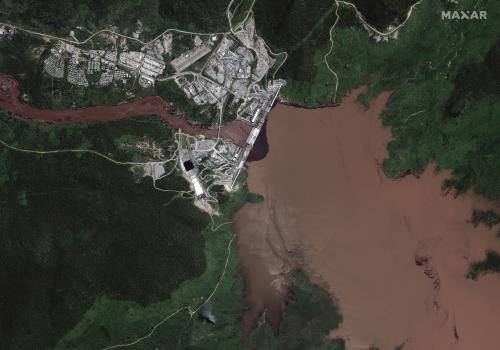
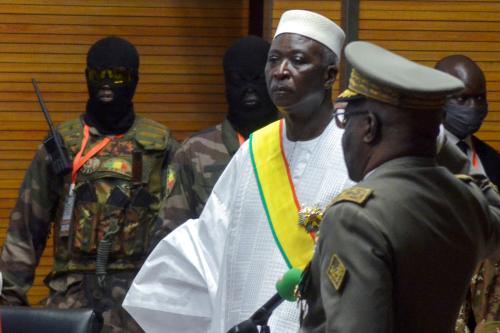



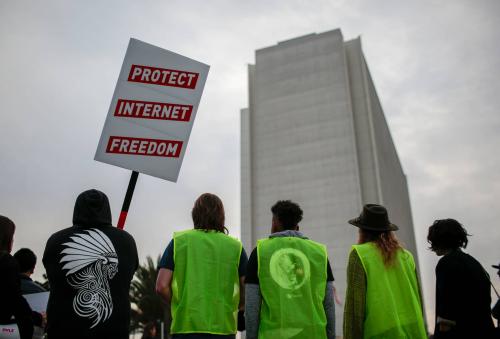
Commentary
Africa in the news: Electoral tensions arise in Mali and Congo, Ivorian president reshuffles cabinet, and Somalia’s internet returns
July 21, 2017